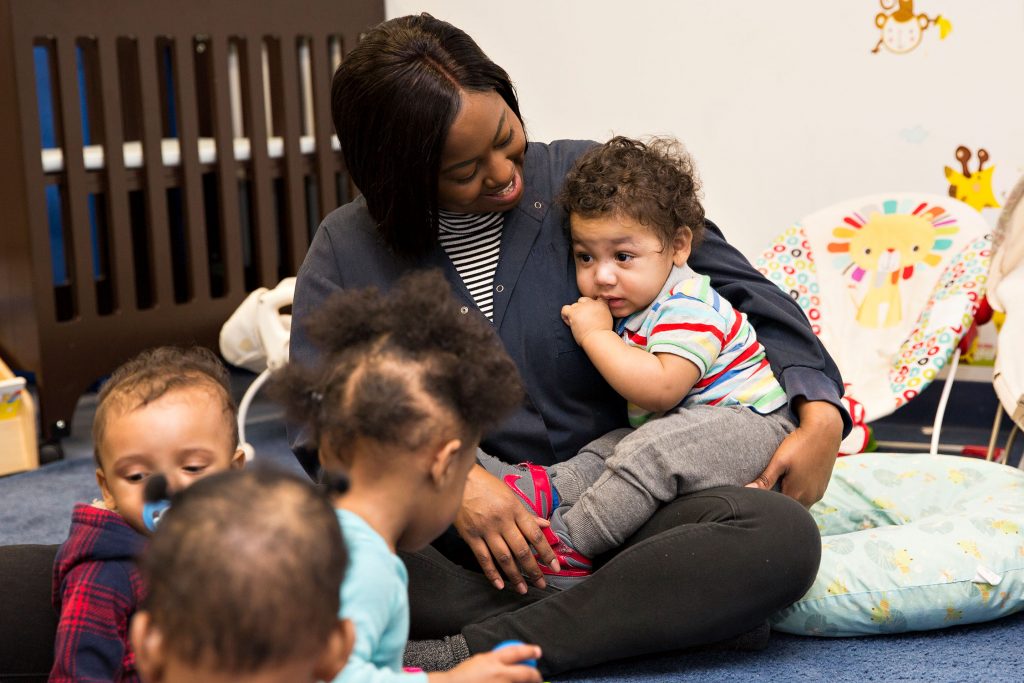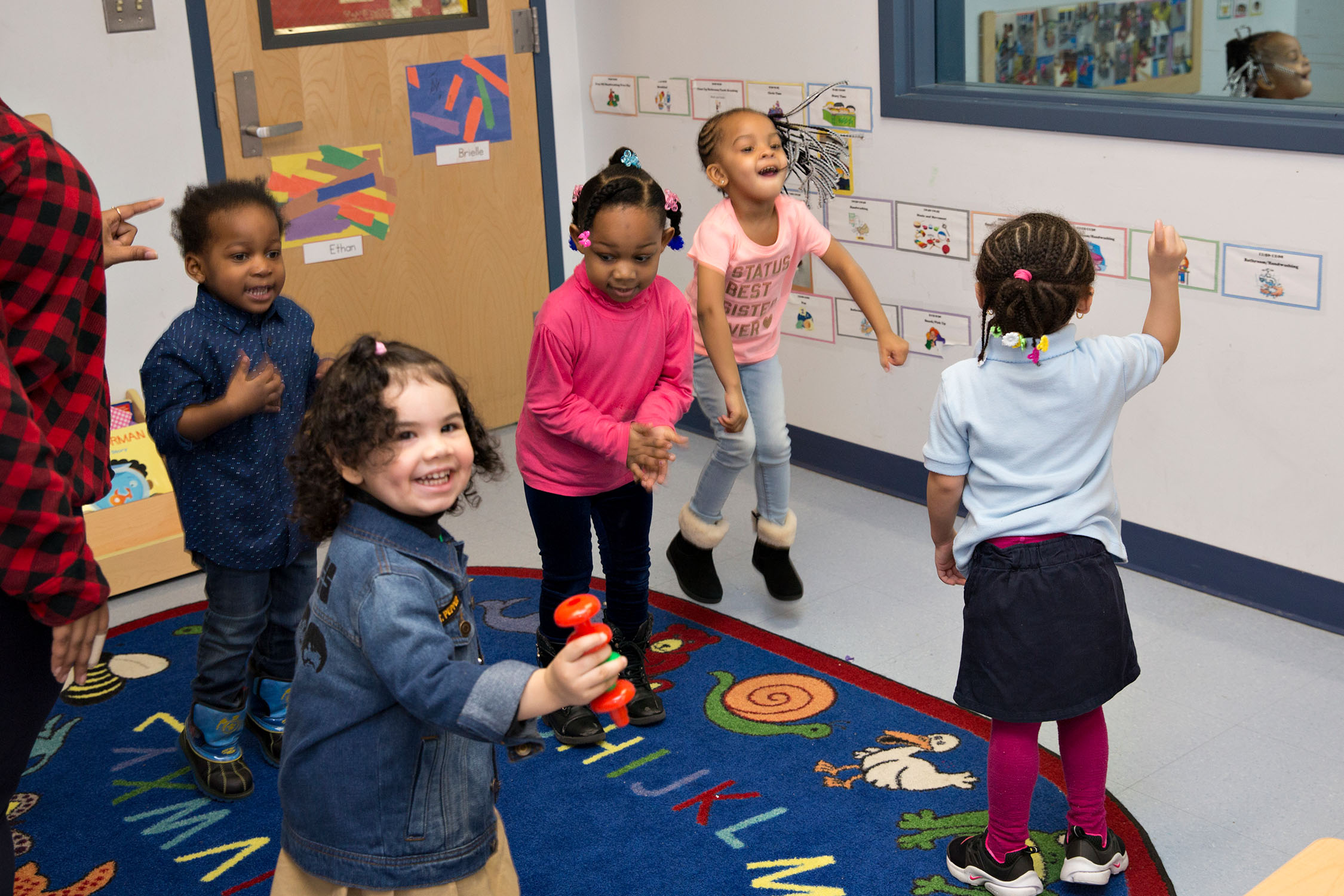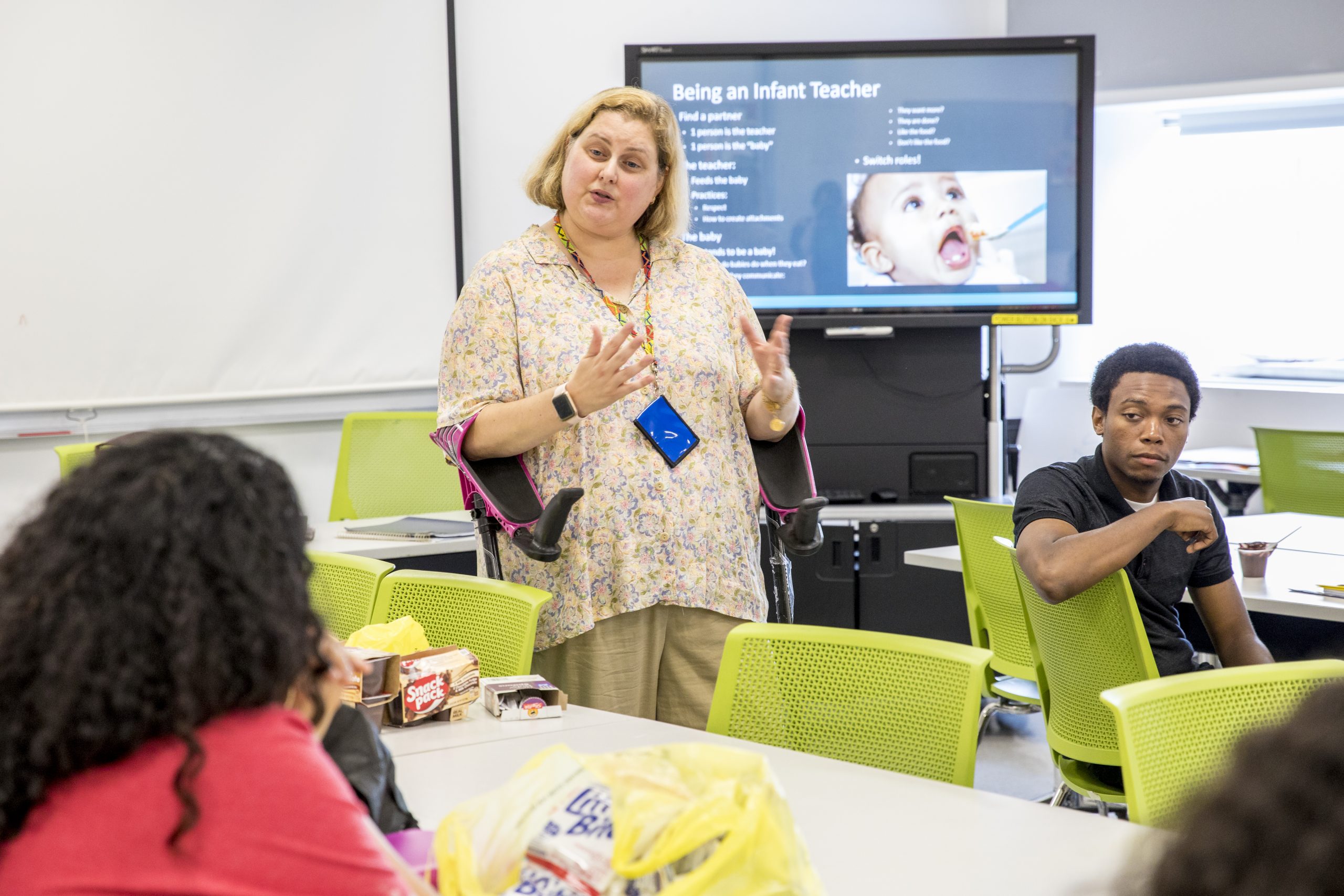What I’ve recognized during this pandemic, and most of the world has applauded, is the courage and commitment from our front line workers. Front line workers such as gas station attendants, delivery truck drivers, child care professionals, grocery store workers, home health aides, babysitters, teachers, nurses, doctors, janitors and public transportation employees are essential to the life and success of our communities. As social distancing restrictions are lifted, front-line service workers will not only have to deal with their trauma, but the trauma of the individuals they interact with everyday.
I work as a quality improvement specialist for QUALITYstarsNY supporting childcare programs to provide safe, nurturing and stimulating care for children. Early childhood education is a field that has stringent policies around the control of infectious diseases. When classrooms reopen, I think we’ll develop even more effective plans to deal with contagions in child care spaces. I think after this that we will be more prepared for long-term emergencies than the ones we usually plan for, like fires and shootings. To think that we now have to focus on pandemic care in our emergency health plans is novel, but we will be able to get through that and develop best practice in the field.
My concern is the social and emotional impact this pandemic will have on children, their families and the child care staff who will be caring for children and families in the not-so-distant future. Early childhood educators have also dealt with loss–loss of loved ones, loss of health and vitality, loss of wages, food shortages and difficult choices one hopes to never have to make. How will our childcare workforce put on their literal and metaphorical protective shields after the pandemic has passed in order to continue to care for others?
I think the first step is understanding the trauma that childcare workers themselves are experiencing. Resources on self-care and mental health care should be part of re-opening efforts. And then, in order to prepare for the return to the field, we need to also learn about secondary trauma, the emotional duress that results when an individual knows about the firsthand trauma experiences of people they care for.
In the age of looking at all the minuscule ways that we can be physically infected, we also have to look at all the minuscule ways we can be emotionally impacted, not only now, but in the future when we physically step back into the emotional world of early childhood education. What kinds of protection, i.e., training and professional development, do childcare workers need to engage in now in order to put their own emotional protective shields on first?
To this end, I offer these resources:
A fact sheet on secondary traumatic stress from the National Child Traumatic Stress Network. This resource offers strategies for preventing secondary traumatic stress and essential elements for worker-resiliency in trauma-informed systems.
Covid-19 Resources from Bank Street’s Center for Emotionally Responsive Practice. These resources are designed to help teachers enhance social-emotional element of their online work with children, and to support educators with keeping their own mental health intact.
The Head Start Heals Campaign includes webinars and resources to address trauma and promote resilience for children and families. Head Start resources are free and available to non-Head Start programs through the Early Knowledge and Learning Center Website.
What are you concerned about experiencing upon reopening? What kinds of supports are you seeking?
Vidya Ragoo-Stark is a Quality Improvement Specialist for QUALITYstarsNY in New York City. She has over 15 years of experience in the field of child development supporting children from prenatal to school age stages of their lives.


